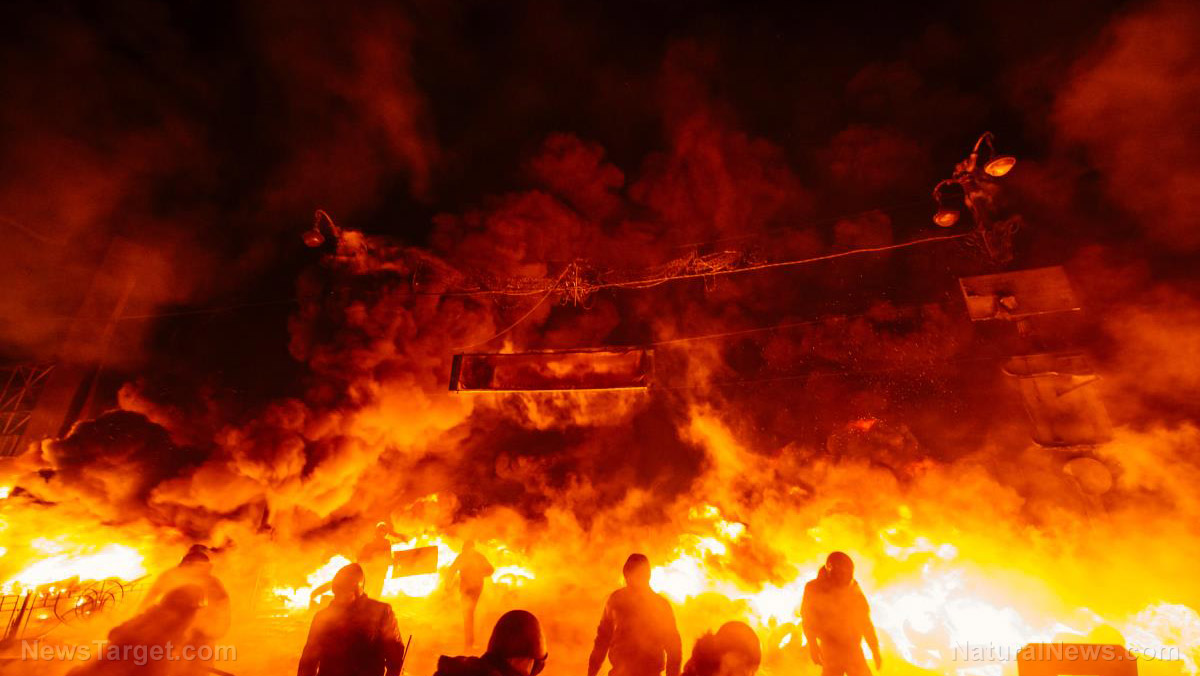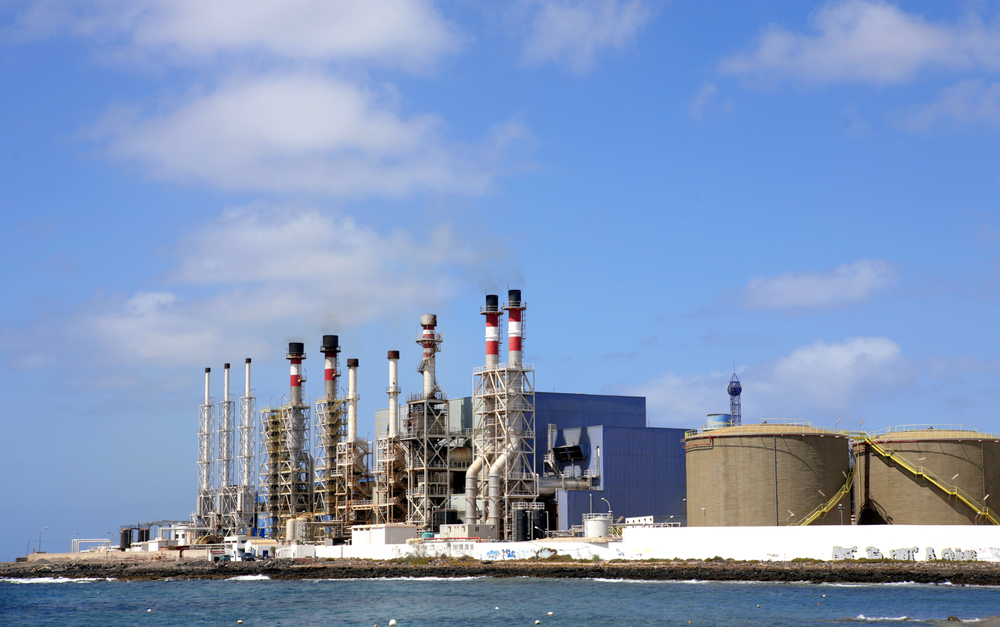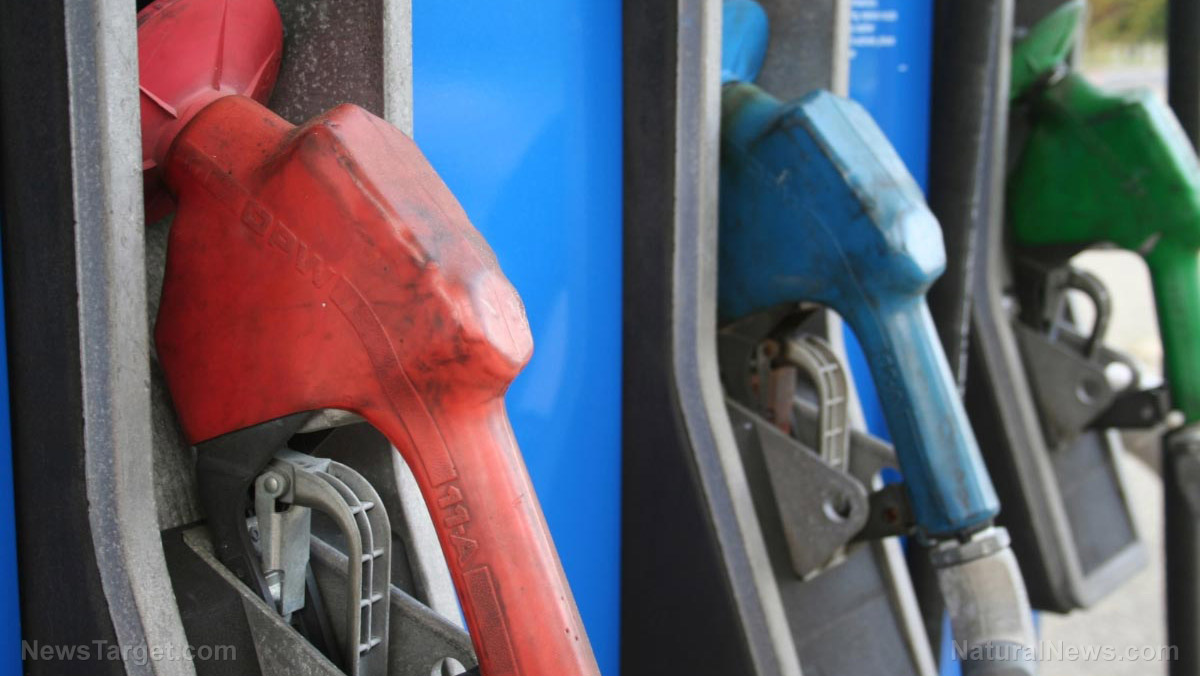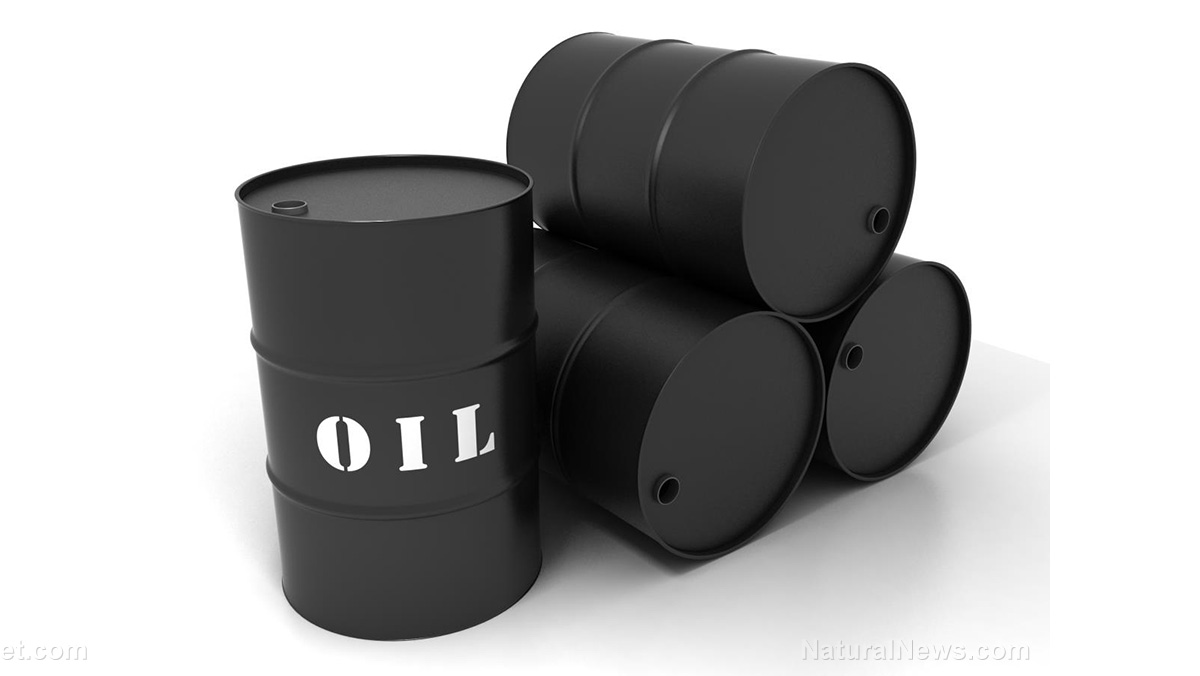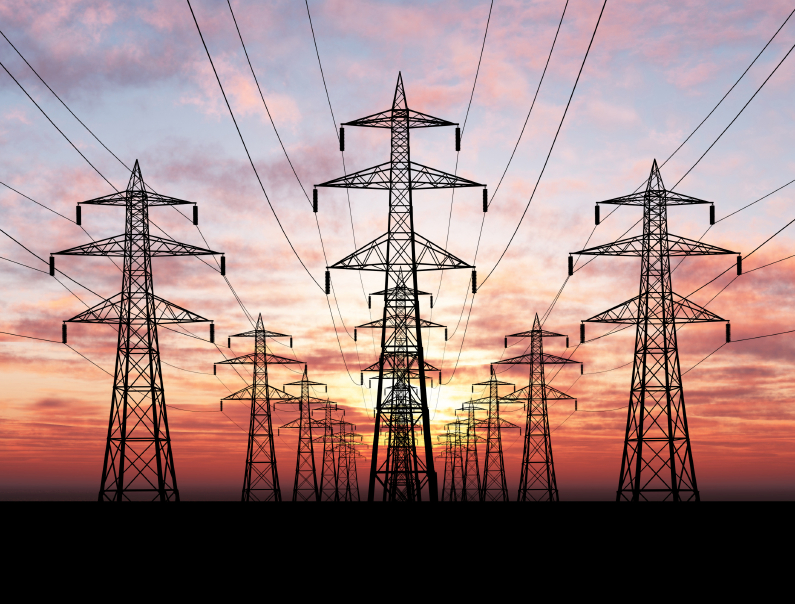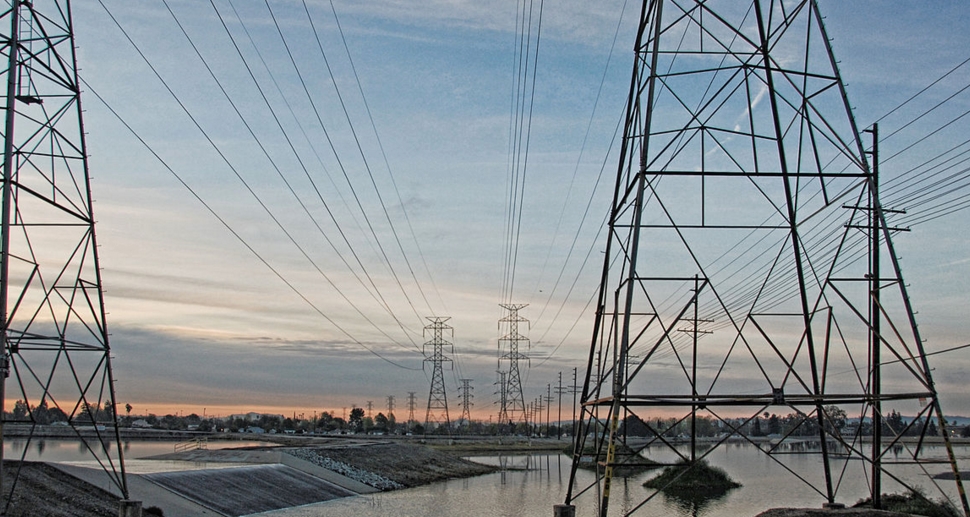Sri Lanka running out of fuel, has enough supply for only one more day
05/18/2022 / By Ethan Huff

There are currently only enough petrol stocks in Sri Lanka to last about one day, warns Ranil Wickremesinghe, the controversial new prime minister of the Southeast Asian country.
Power outages could last up to 15 hours a day with the way things are headed, he added, expressing “grave concern” about the additional problem of Sri Lanka being short on about 14 different life-saving medicines for everything from heart disease to rabies.
Unless there is some kind of a major turnaround, things in Sri Lanka will only continue to degrade to the point of total collapse.
“Payments have not been made for four months to suppliers of medicine, medical equipment, and food for patients,” Wickremesinghe said in an announcement.
The next couple of months, he added, “will be the most difficult ones of our lives.”
“We must prepare ourselves to make some sacrifices and face the challenges of this period,” he added.
Wickremesinghe’s statement comes as Sri Lanka’s power minister, Kanchana Wijesekera told citizens not to join the long fuel lines throughout the country, which have galvanized weeks of anti-government protests.
In order to pay for essential imports, Wickremesinghe added, Sri Lanka needs to secure about $75 million in foreign exchange over the next few days.
Right now, Sri Lanka has a “very low amount” of dollars, though Wickremesinghe says that he has already “obtained money to avert this crisis.”
25 percent of Sri Lanka’s energy comes from oil
About one-quarter of all electricity in Sri Lanka is generated through oil, Wickremesinghe went on to explain. This is why power outages could be prolonged in the coming days.
“We must also immediately obtain $20 million to provide gas to consumers,” he added in a statement. “The situation of kerosene and furnace oil is even more urgent.”
Wickremesinghe, who is currently serving his sixth term, claims he is doing everything he can to bring stability to the stricken country. In the coming days, this will include supplying more diesel to the country.
Two shipments of petrol and two of diesel are scheduled to arrive in the next few days, all paid for with an Indian credit line. This will not solve the fuel crisis, however.
One potential solution he presented is to privatize Sri Lanka’s airlines, a move of which not everyone approves.
“I have been in the queue for more than six hours,” said Mohammad Ali, a driver in the commercial capital of Colombo, who had to wait in a long line just to fill up his vehicle.
“We spend almost six to seven hours in the line just to get petrol. We’ve been here since 7-8 in the morning and it is still not clear if they will have fuel or not. When will it come? No one knows. Is there any point in us waiting here? We also don’t know.”
Renuka Sirimanne, another local resident, told Sky News that life is getting increasingly more difficult in her country. She is worried about her children’s future since they “can’t get a good education here” any longer.
Another man who spoke to Sky agreed. He said he wanted to send his son to Australia to study because the Rajapaksa political dynasty has been “looting” Sri Lanka for years.
Ali also blamed the government for Sri Lanka’s current crisis, calling for a completely new political system to replace it.
The International Monetary Fund (IMF) has said that any short- or long-term assistance to Sri Lanka will depend on the outcome of talks with creditors concerning loan restructuring.
The country still needs to repay about $25 billion in foreign loans by 2026, which is less than half of the $51 billion total debt it owes.
More of the latest news about this crisis can be found at FuelSupply.news.
Sources include:
Submit a correction >>
Tagged Under:
big government, bubble, chaos, collapse, Colombo, debt collapse, energy supply, fuel supply, IMF, medicine, national security, panic, power, power grid, products, rationing, risk, scarcity, shortage, Sky News, Sri Lanka, supply chain crisis
This article may contain statements that reflect the opinion of the author
RECENT NEWS & ARTICLES
COPYRIGHT © 2022 Scarcity.news
All content posted on this site is protected under Free Speech. Scarcity.news is not responsible for content written by contributing authors. The information on this site is provided for educational and entertainment purposes only. It is not intended as a substitute for professional advice of any kind. Scarcity.news assumes no responsibility for the use or misuse of this material. All trademarks, registered trademarks and service marks mentioned on this site are the property of their respective owners.


